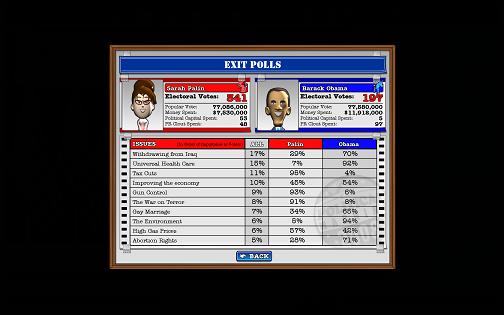I’ve been following the discussion on QT3 on Israel’s recent campaign of airstrikes against Gaza, and one poster really struck home the essential point in just one line:
To The Israelites In Attendance,
I do not know how you people can live with yourselves, knowing what was done to your grandfathers, and doing everything but the last step to someone else’s.
Ouch to say the least. In many ways, it’s an exaggeration of course and there’s plenty to nitpick at if you’re intent on finding differences between Israel and Nazi Germany, but there are enough similarities that Israel needs to sit up and really think about what it’s doing. Yes, Israel has the right to defend itself, but does it really need to blockade the 1.5 million inhabitants of the Gaza strip and prevent food and medicines from reaching them? Yes, Hamas uses it as a base from which to launch periodic rocket strikes into Israel, but does that justify Israel launching airstrikes that kill hundreds and injure thousands, including civilians, especially when those rockets kill only a handful of Israelis every year?
I’m concerned and exasperated by Israel’s actions, which I think are detrimental to the nation’s own interests, because I’m generally sympathetic with the Israelis’ plight. It’s a nation that I’ve come to admire and one that I like to think of as one of the good guys. But part of being one of the good guys is that you don’t sink to the level of the people you’re fighting against. It means winning the moral high ground and staying there even if it means making sacrifices.
Israel needs to understand that bombing a people into submission will never achieve peace unless they’re willing to commit genocide against the Palestinians. Israel isn’t there yet, but that’s the road that its actions are taking it down unless it musters the political will to make real sacrifices to reach a lasting compromise with the Palestinians. Given the particular history of the Jewish people, it is especially shameful that they’re anywhere near that road at all.



